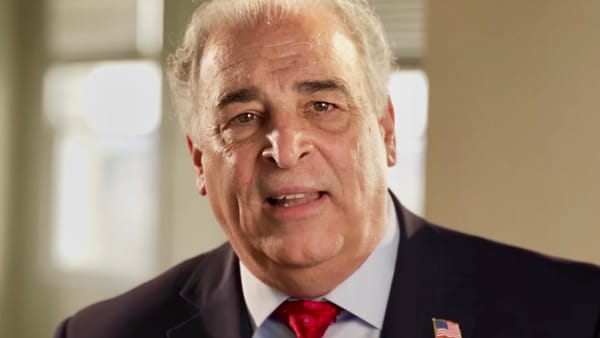Alabama Grocery Tax Falls to 2%, Giving Relief to Everyone Who Eats
Last session’s HB386 will save the average family $72 per year

Starting today, Alabama shoppers will see another 1% drop in the State grocery sales tax—bringing it down to 2%. This follows a similar 1% cut in 2023. State lawmakers had long aimed to slash the grocery tax in half—from 4% to 2%—but tied the second step to growth in the Education Trust Fund (ETF).
The first cut, from 4% to 3%, went into effect on September 1, 2023. Originally, the law required the ETF, which covers most public education funding, to grow at least 3.5% before lawmakers could approve the next 1 percent reduction.
That growth never materialized, so legislators in 2025 passed House Bill 386 (HB386), which removed the growth requirement and fast-tracked the second reduction. The measure, signed by Governor Kay Ivey in May, moves the rate directly to 2% on September 1.
HB386 also gives cities and counties more flexibility to reduce—or even eliminate—their local grocery taxes, should they choose.
Since most of the tax on groceries flows into the ETF, HB386 will cost it about $121 million. The State General Fund will lose roughly $282,000. In practice, families who spend $600 a month on groceries will see their monthly tax drop from $54 to $48, saving them $72 a year ($648 → $576).
Other States have varied approaches to grocery taxes. Most States do not tax groceries. Arkansas levies a minimal 0.125%, while Illinois and Missouri tax groceries at 1% and 1.225% respectively. Tennessee remains higher, at 4%. Mississippi, meanwhile, stands among the steepest—imposing 5% on groceries (only recently reduced from 7%).
Meanwhile, States like Kansas and Oklahoma have eliminated grocery taxes altogether, and Illinois plans to do so by January 2026. These trends highlight moves towards easing the burden on families, especially those with low incomes.
Across the U.S., grocery tax policies are in flux. Lawmakers in Tennessee, Mississippi, and Arkansas are considering cuts or elimination. In Alabama, Democratic lawmakers, with some Republican support, are already pushing for full repeal of the remaining 2%. Many argue the tax hits lower-income families harder, and that relief is long overdue.
All told, Alabama has taken a big step by cutting the grocery tax in half. But, the broader policy question remains. Can the State keep funding education while easing the cost of food for all Alabamians (at least the ones that eat)? Given that eliminating the grocery tax altogether would cost the ETF about $250 million—just over 2% of the current $12 billion dollar ETF budget—one would think the answer would be “yes.” However, it remains to be seen if the Legislature will see it that way in the next session.




